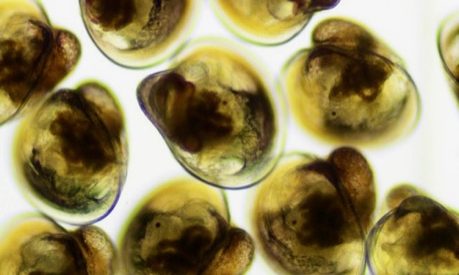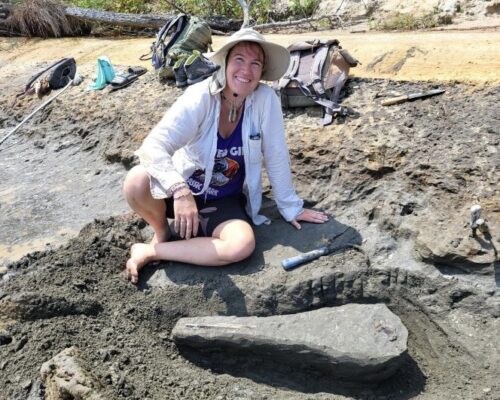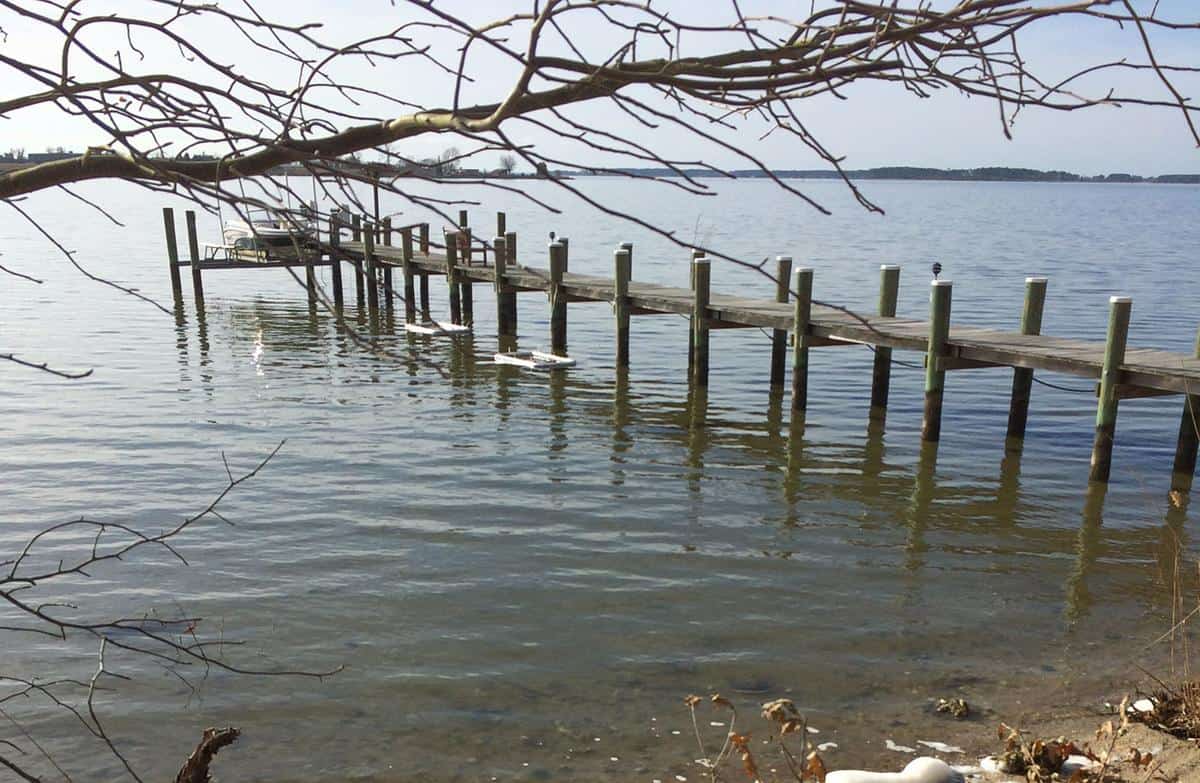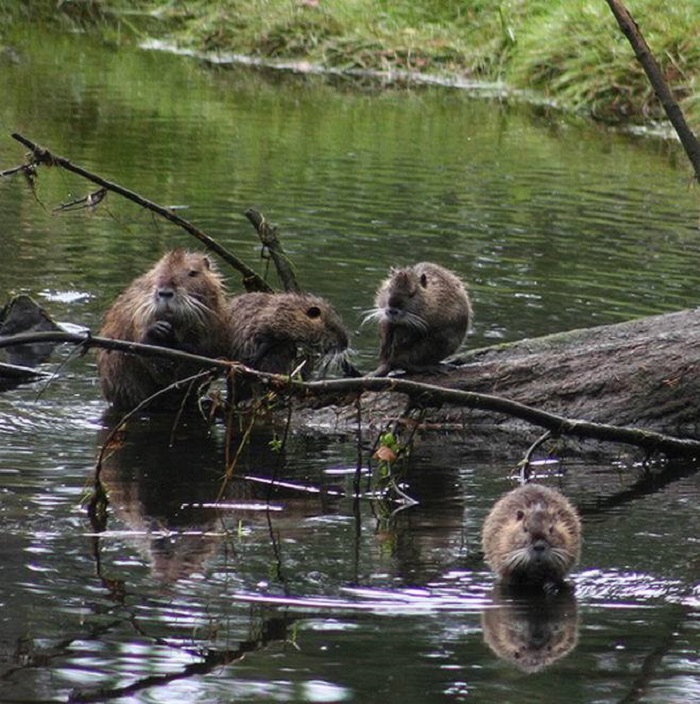In an increasingly hostile ecosystem, a team of scientists is taking big steps to give oysters a fighting chance at survival through selective breeding.
A group of shellfish geneticists has been awarded a grant to the tune of more than $4 million to work on breeding oysters that will be better-equipped to weather disease and other threats.
The consortium is made up of experts from up and down the East Coast, a group handpicked in part by Stan Allen, professor and director of the Aquaculture Genetics and Breeding Technology Center at the Virginia Institute of Marine Science (VIMS).
Allen says the team will hone in on the oyster’s DNA to investigate new traits that can help oysters to survive and thrive in the “various ecological niches” that exist in the mid-Atlantic and other parts of the coastline.
This kind of selective breeding has already seen success in fighting against oyster disease. Oyster-killing parasites Dermo and MSX are more common with higher water temperatures and higher salinity. The parasites have been present in Chesapeake Bay waters for nearly 70 years. Allen says selective breeding has already made MSX “moot to cultured oysters” and has marginalized Dermo over the years.
In addition to Dermo and MSX, other serious threats to oyster health include environmental changes like low oxygen conditions (hypoxia) and the increasing acidity of the ocean. These are the threats the consortium will be zeroing in on with the new funding.
VIMS research professor Ryan Carnegie, who specializes in shellfish pathology, says that breeding oysters for specific traits has been and will continue to be central in the story of cultured oysters in the region.
“Selective breeding is the past, present, and future of oyster aquaculture in the eastern U.S.” he explains. “We overcame oyster diseases through resistance breeding dating back to the 1960s, and disease resistant, fast-growing domesticated oysters underpin most of the aquaculture industry today.”
Along with Allen, the consortium was created by professor and shellfish geneticist Ximing Guo of Rutgers Haskin Shellfish Research Laboratory and scientist Dina Proestou with USDA’s Agricultural Research Service. Grant funds come from NOAA Fisheries (the National Marine Fisheries Service) via the Atlantic States Marine Fisheries Commission (ASMFC).
–Laura Adams Boycourt




